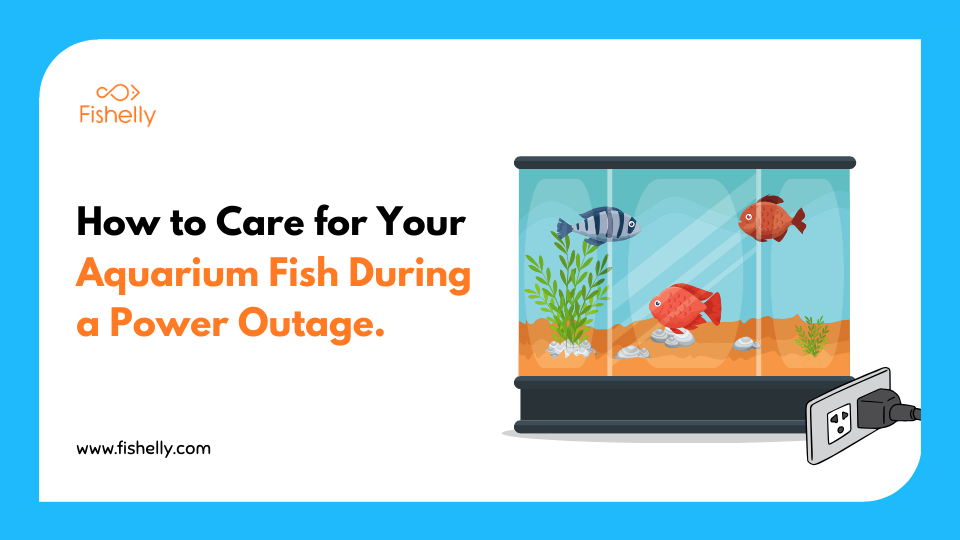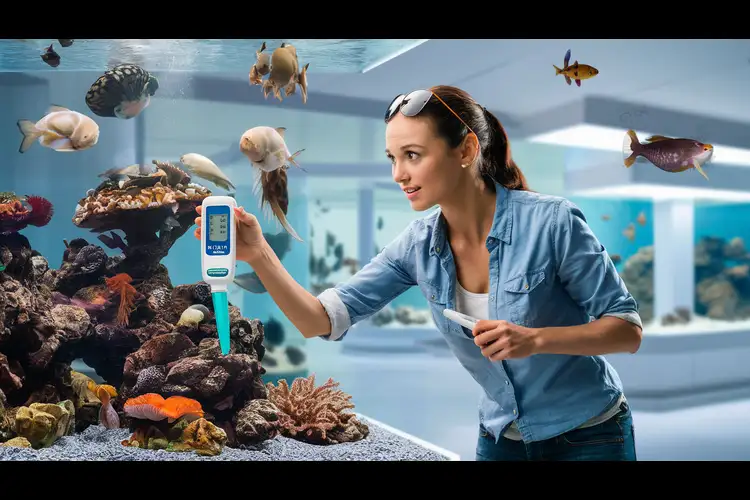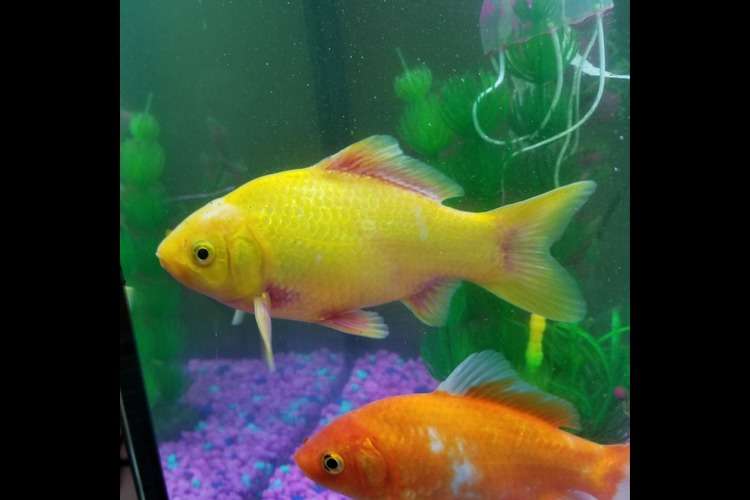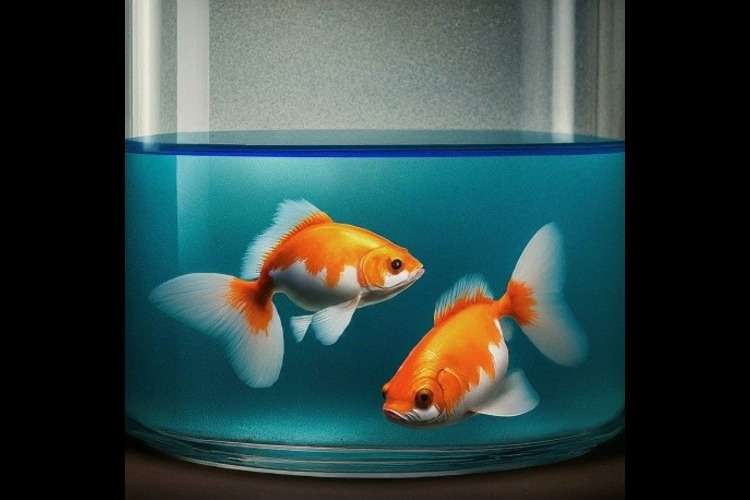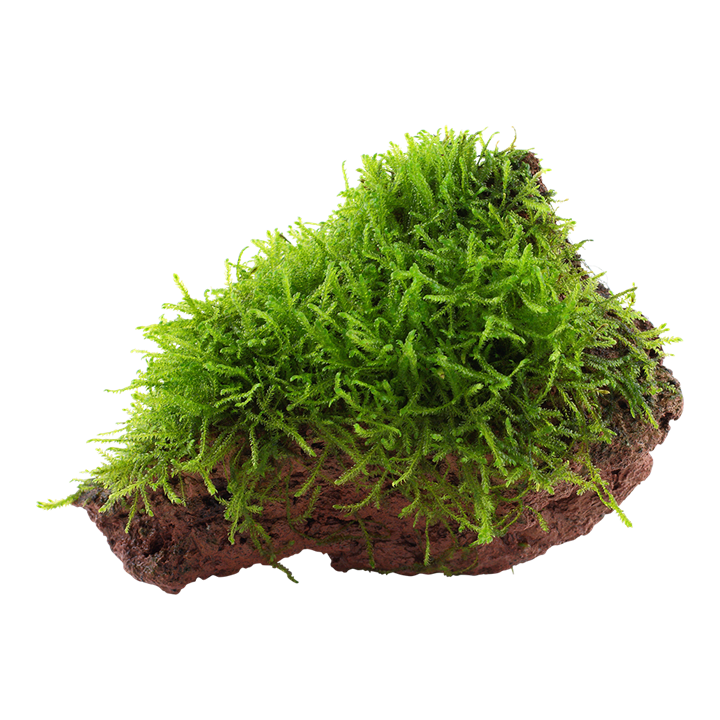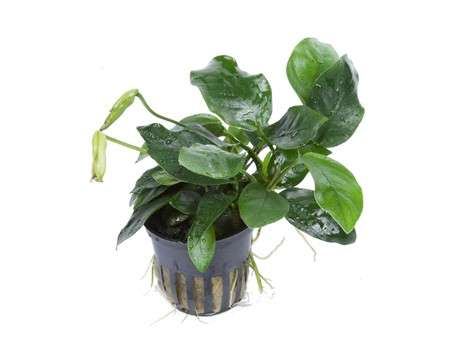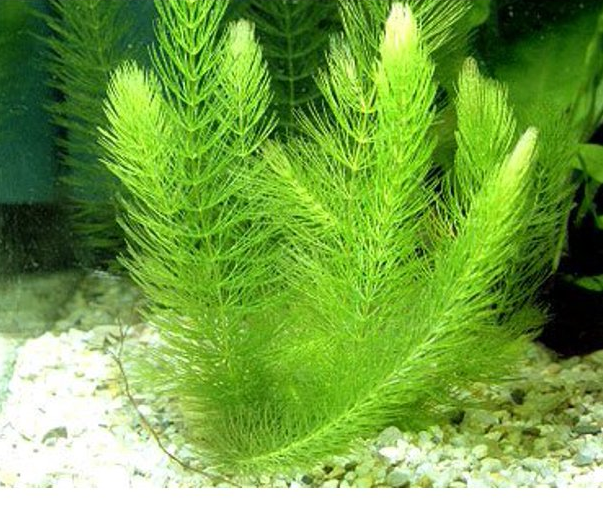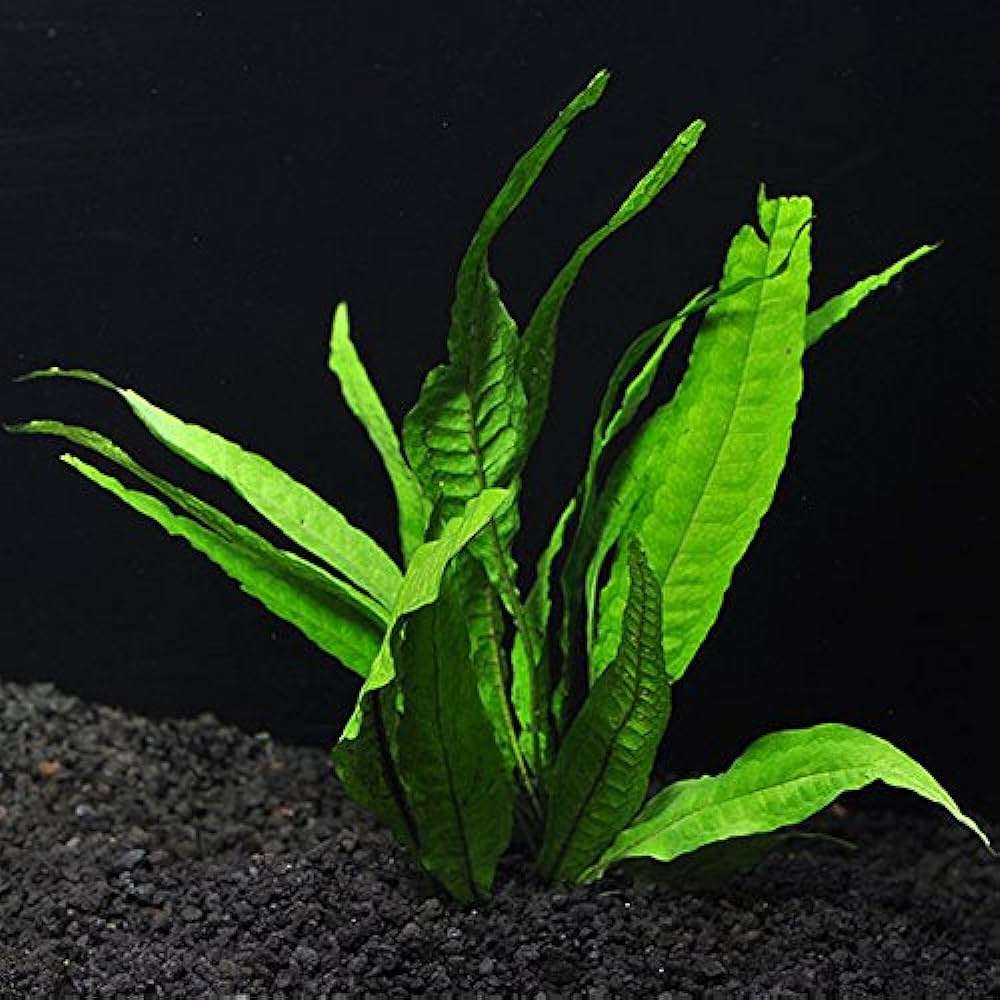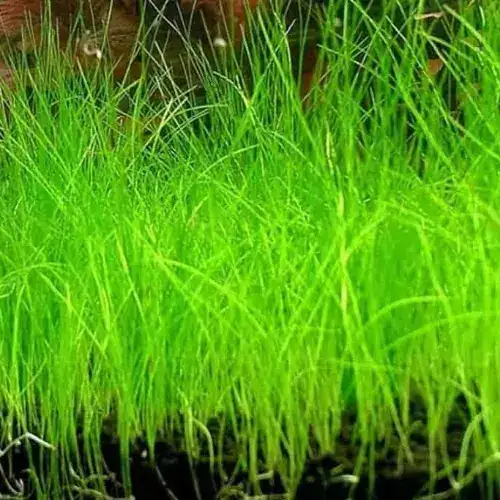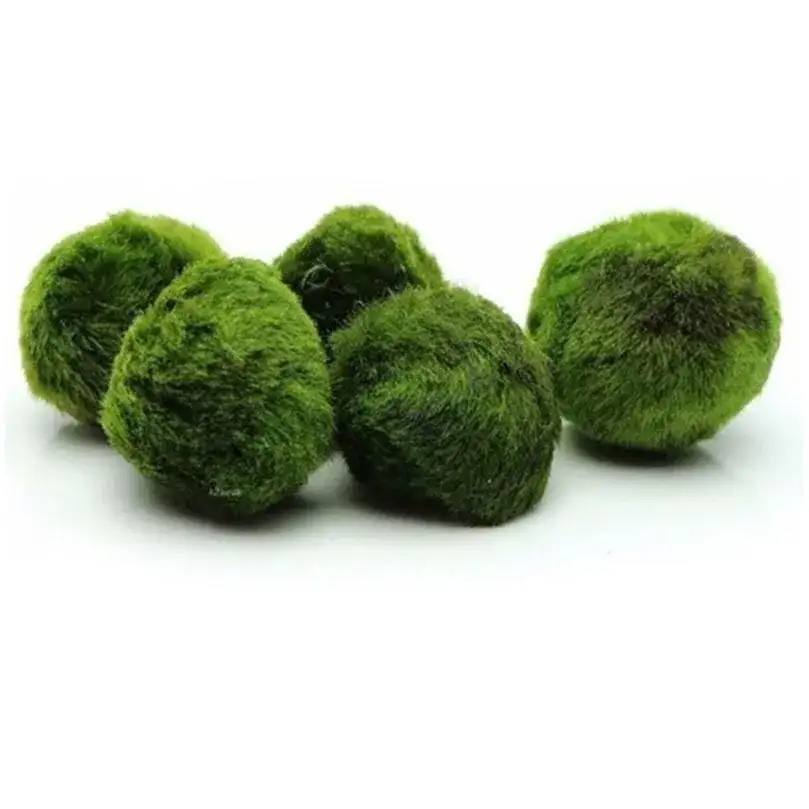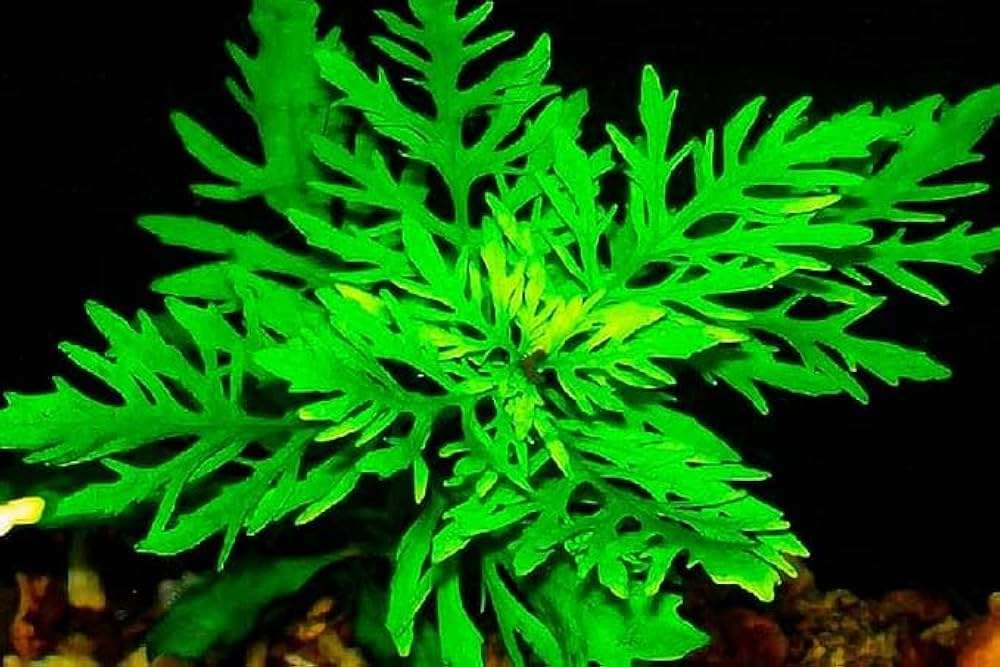Welcome to the ultimate guide for all beginner aquarium enthusiasts! If you're embarking on a journey into the vibrant world of keeping aquatic pets, then this article is your go-to resource. Discover how to choose and care for aquarium fish in a way that ensures their health, happiness, and longevity.
In this comprehensive guide, we'll delve into the fascinating realm of aquarium fishkeeping, exploring the various types of fish available, their unique characteristics, and the ideal environments they thrive in. From vibrant bettas to elegant goldfish and mesmerizing guppies, you'll gain insights into the diverse array of species that can grace your underwater kingdom.
Not only will we cover the essentials of setting up and maintaining an aquarium, but we'll also provide expert tips for meeting your fish's dietary requirements, optimizing water conditions, and ensuring their overall well-being. By the end, you'll be equipped with the knowledge and confidence to create a stunning and thriving aquatic habitat.
Whether you're a complete novice or have already dipped your toes into the fishkeeping world, this guide will empower you to embark on an exciting and rewarding journey. Get ready to dive into the colorful and captivating world of aquarium fish!
Types of Aquarium Fish
When it comes to selecting fish for your aquarium, the options are truly endless. From the striking colors of bettas to the graceful movements of angelfish, each species brings its own charm to your underwater oasis. Understanding the various types of aquarium fish available is essential in creating a harmonious and visually appealing aquatic environment.
Exploring freshwater fish species opens up a world of possibilities. You can opt for the vibrant hues of tetras, the playful nature of guppies, or the elegance of goldfish. Each species has its unique characteristics, such as schooling behavior, compatibility with other fish, and preferred water parameters. Researching and selecting fish that align with your aquarium size and setup is crucial for their well-being.
Saltwater fish enthusiasts are treated to a dazzling array of species, from the iconic clownfish to the majestic angelfish. These fish bring a touch of the ocean into your home, showcasing a kaleidoscope of colors and patterns. It's important to consider the specific requirements of saltwater species, such as water salinity levels, tank mates, and potential territorial behavior, when introducing them to your aquarium.
Choosing the Right Fish for Your Aquarium
Selecting the right fish for your aquarium involves a careful balance of aesthetic appeal, compatibility, and environmental needs. Whether you're drawn to the vibrant colors of tropical fish or the serene beauty of freshwater species, understanding the requirements of each fish is key to creating a thriving aquatic community.
Before adding fish to your aquarium, research their preferred water parameters, diet, and temperament. Consider factors such as tank size, water temperature, pH levels, and compatibility with other fish species. It's essential to choose fish that can coexist peacefully and thrive in the same environment, minimizing stress and potential conflicts.
When selecting fish, also take into account their adult size and growth potential. Some species may start small but grow significantly larger, requiring ample space to swim and develop properly. Planning for the long-term care of your fish ensures they have adequate room to flourish and reduces the need for frequent tank upgrades.
Setting Up Your Aquarium
Creating a suitable habitat for your aquarium fish is the foundation of their health and well-being. Start by selecting an appropriately sized tank that accommodates the needs of your chosen fish species. Larger tanks provide more stability in water parameters and offer ample swimming space for active fish.
Once you have your tank, focus on establishing a balanced ecosystem within it. Add a substrate layer for beneficial bacteria to thrive, aiding in nitrogen cycling and waste breakdown. Decorate your tank with live plants, rocks, caves, and other ornaments to provide hiding spots and visual interest for your fish.
Installing a filtration system is crucial for maintaining water quality by removing debris and harmful substances. Choose a filter that suits your tank size and consider incorporating a heater to regulate water temperature. Monitor the tank's temperature, pH, and ammonia levels regularly to ensure a healthy environment for your fish.
Essential Equipment for Aquarium Fish Care
Equipping your aquarium with the right tools is essential for creating a conducive environment for your fish to thrive. Invest in a high-quality filter to remove waste and maintain water clarity. Filters come in various types, including hang-on-back, canister, and sponge filters, each catering to different tank sizes and filtration needs.
A reliable heater is vital for tropical fish species that require stable water temperatures. Select a heater based on your tank size and the temperature requirements of your fish. Additionally, consider a thermometer to monitor water temperature accurately and make adjustments as needed to ensure your fish remain healthy.
Regular water testing is key to monitoring the quality of your aquarium's water parameters. Test kits for pH, ammonia, nitrite, and nitrate levels help you identify any imbalances or spikes that could harm your fish. Conduct routine water changes to maintain optimal water quality and remove accumulated waste and toxins.
Proper Feeding and Nutrition for Aquarium Fish
Providing a balanced and nutritious diet is crucial for the health and vitality of your aquarium fish. Different species have varying dietary requirements, so it's essential to research the specific needs of your fish. Offer a mix of high-quality flake, pellet, frozen, and live foods to ensure a diverse and well-rounded diet.
Feed your fish small portions multiple times a day, adjusting the amount based on their feeding habits and growth stage. Overfeeding can lead to water quality issues and health problems, so monitor your fish's consumption and remove any uneaten food promptly. Consider supplementing their diet with vegetables, algae, or specialized foods for certain species.
Observing your fish during feeding times can provide valuable insights into their health and behavior. Ensure that all fish have access to food and monitor for any signs of aggression or competition during feeding. By offering a varied and balanced diet, you can support the overall health and vibrancy of your aquarium fish.
Maintaining Water Quality in Your Aquarium
Water quality is a cornerstone of successful aquarium fishkeeping, influencing the health and longevity of your fish. Regular maintenance and monitoring of water parameters are essential to create a stable and thriving aquatic environment. Understanding the nitrogen cycle and its impact on water quality is key to preventing harmful ammonia spikes.
Test your aquarium water regularly using reliable test kits to assess pH, ammonia, nitrite, and nitrate levels. Monitoring these parameters allows you to identify any fluctuations and take corrective actions promptly. Conduct partial water changes on a routine basis to remove accumulated waste and refresh the water, promoting a healthy ecosystem.
Maintaining proper filtration is crucial for removing debris, uneaten food, and fish waste from the water. Clean or replace filter media as needed to prevent clogs and ensure optimal filtration efficiency. Avoid overcleaning your filter to preserve beneficial bacteria that aid in breaking down waste and maintaining water quality.
Common Diseases and How to Prevent Them
Understanding common aquarium fish diseases is essential for safeguarding the health of your aquatic pets. Prevention is key in minimizing the risk of infections and illnesses that can harm your fish. Recognizing the signs of disease early allows for prompt intervention and treatment to improve the chances of recovery.
One prevalent disease among aquarium fish is ich, or white spot disease, caused by a parasite that manifests as white spots on the fish's body. Quarantining new fish before introducing them to your main tank helps prevent the spread of diseases. Maintain good water quality, proper nutrition, and stress-free conditions to boost your fish's immune system.
Other common ailments include fin rot, bacterial infections, and parasitic infestations, each requiring specific treatments and care. Regular observation of your fish for unusual behavior, changes in appetite, or physical symptoms is crucial for detecting health issues early. Consult with a vet or experienced aquarist for accurate diagnosis and treatment options.
Tips for Decorating Your Aquarium
Enhancing the visual appeal of your aquarium not only creates a stunning display but also provides enrichment for your fish. Incorporate a variety of decorations, such as driftwood, rocks, plants, and caves, to mimic a natural underwater habitat. Create different levels and hiding spots to cater to the diverse needs of your fish.
Live plants not only add beauty to your aquarium but also contribute to water quality by absorbing nitrates and providing oxygen. Choose plant species that are suitable for your lighting and substrate conditions, ensuring they receive adequate nutrients for growth. Regular pruning and maintenance help keep your plants healthy and prevent overgrowth.
Consider the overall theme and aesthetic you want to achieve with your aquarium decor. Whether you prefer a lush planted tank or a minimalist design, select ornaments and substrate that complement your fish species and create a cohesive look. Experiment with different layouts and arrangements to find the perfect balance of functionality and aesthetics.
Conclusion: Enjoying Your Aquarium and the Benefits of Owning Aquarium Fish
Congratulations on embarking on your journey into the colorful world of aquarium fishkeeping! By following the tips and guidelines outlined in this ultimate guide, you're well-equipped to create a thriving aquatic habitat for your fish. Remember to research, plan, and monitor your aquarium regularly to ensure the health and happiness of your aquatic companions.
Owning aquarium fish offers a host of benefits, from relaxation and stress reduction to learning opportunities and a deeper connection with nature. Watching your fish swim gracefully, interact with each other, and explore their underwater world is a rewarding experience that brings joy and tranquility into your life. Embrace the beauty and wonder of aquarium fishkeeping as you embark on this exciting and fulfilling journey! Read more
